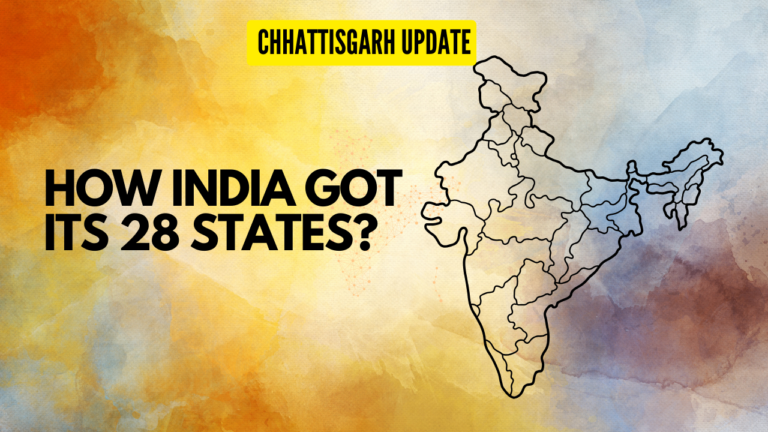Title: “Empowering Agriculture: Krishi Sakhis and the Push for Natural Farming”
Introduction:
In a significant collaborative effort, the Ministry of Rural Development (MoRD) and the Ministry of Agriculture and Farmers’ Welfare (MoA&FW) have joined hands to launch the training of Krishi Sakhis, a vital step towards promoting Natural Farming. This initiative not only underscores the commitment to sustainable agricultural practices but also aligns with broader poverty alleviation programs, creating a ripple effect in rural livelihoods. Let’s explore the details of this endeavor, the role of Krishi Sakhis, and the overarching importance of Natural Farming.
### Training and Certification: A Milestone for 50,000 Krishi Sakhis
The ambitious initiative aims to train and certify 50,000 Krishi Sakhis in a phased manner through the National Centre for Organic and Natural Farming (NCONF), a subordinate office of the MoA&FW. These dedicated individuals will undergo training under the Deendayal Antyodaya Yojana- National Rural Livelihoods Mission (DAY–NRLM), a pivotal poverty alleviation program facilitated by MoRD.
### DAY–NRLM: Catalyzing Rural Empowerment
The Deendayal Antyodaya Yojana- National Rural Livelihoods Mission (DAY–NRLM) serves as the cornerstone of this initiative. Designed to empower poor households in rural areas, this program opens pathways for gainful self-employment and skilled-wage employment opportunities. By integrating the training of Krishi Sakhis into DAY–NRLM, the government is not just promoting sustainable farming practices but also addressing broader rural development goals.
### Krishi Sakhis: Champions of Sustainable Agriculture at the Grassroots
Krishi Sakhis play a pivotal role as practicing farmers and trained para-extension professionals operating at the grassroots level. Their mission is to encourage the adoption of environmentally friendly and economically viable agricultural methods by raising awareness among fellow farmers. Acting as catalysts for change, Krishi Sakhis embody the spirit of community-driven agricultural practices.
### Understanding Natural Farming: A Paradigm Shift
Natural farming represents a paradigm shift in agricultural practices. It is a chemical-free farming system grounded in a deep understanding of ecology, resource recycling, and on-farm resource optimization. The core objectives include restoring soil health, maintaining biodiversity, ensuring animal welfare, emphasizing efficient use of natural and local resources, and promoting ecological fairness.
### Challenges and Solutions: Navigating the Path to Natural Farming
While the benefits of Natural Farming are profound, challenges such as susceptibility to pest attacks, time-consuming processes, and labor-intensive techniques are associated with this approach. The training of Krishi Sakhis becomes crucial in disseminating knowledge and strategies to address these challenges effectively. By empowering these grassroots influencers, the initiative aims to create a network of informed farmers capable of championing sustainable farming practices.
### National Initiatives for Natural Farming
This initiative is not an isolated effort but aligns with broader national missions focused on sustainable agriculture. Initiatives like the National Mission on Natural Farming and the National Mission on Sustainable Agriculture underline the government’s commitment to promoting holistic, eco-friendly agricultural practices.
### Conclusion: Nurturing Sustainable Futures
As the training of Krishi Sakhis takes center stage, it marks a significant stride towards nurturing sustainable agricultural futures. By blending poverty alleviation programs with initiatives promoting Natural Farming, the government is fostering a holistic approach to rural development. The role of Krishi Sakhis as ambassadors of change in their communities becomes instrumental in creating a ripple effect that goes beyond just farming—it encapsulates the essence of sustainable living and ecological harmony. This collaborative effort serves as a beacon, guiding the way towards a more resilient and sustainable agricultural landscape in India.






